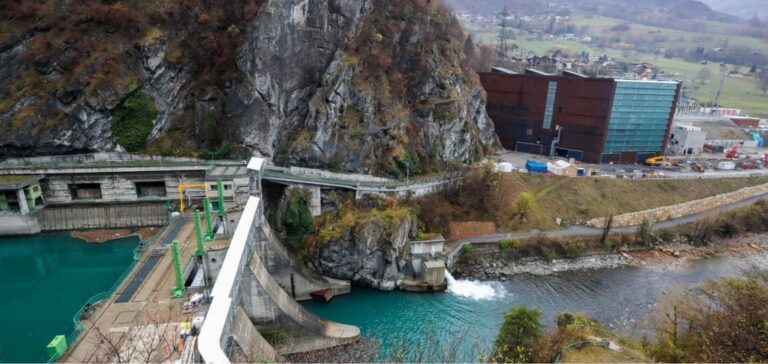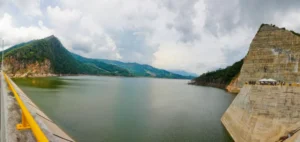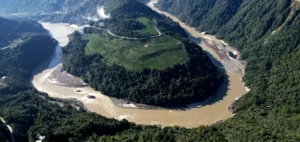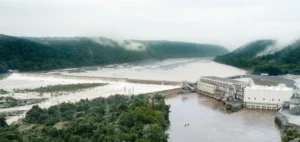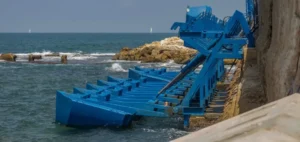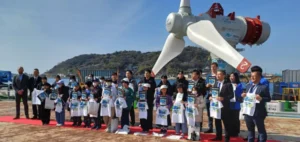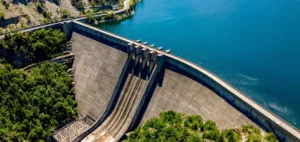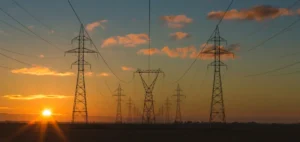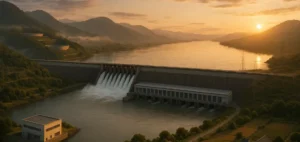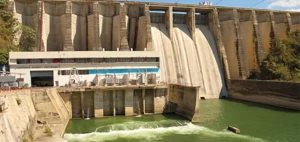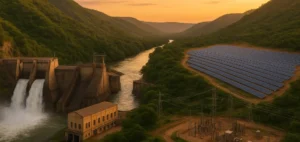A hydroelectric power station, recently built on the river Sallanche in Haute-Savoie and suspended last year by the justice, will be able to open while waiting for a judgement on the merits, the mayor of the concerned commune told AFP on Saturday.
This opening, scheduled for the next few days, was made possible by an order issued Thursday by the Lyon administrative court of appeal, which overturned a previous ruling issued last December by the Grenoble administrative court. The case was brought by the France Nature Environnement Auvergne-Rhône-Alpes association, which blocked the project and ordered “the site to be restored within 12 months”.
However, “it does not appear that the disputed structure (…) could be considered as an obstacle to ecological continuity,” the Lyon Court of Appeal ruled. “The execution of the judgment of the administrative court of Grenoble is thus suspended until the administrative court of appeal of Lyon decides on the merits of the case,” she continued. The mayor of Sallanches, Georges Morand, welcomed the decision, saying that the appeal by FNE was “ecological nonsense”, and recalling that the company had invested 6 million euros in this brand new plant. It should now open as soon as possible, he added: “We will have no problem because we had already tested before. So this week, if there is water, we’ll go.
Xavier Roseren, Member of Parliament for Haute-Savoie, also said he was pleased with “this decision, which makes sense in the context of energy sovereignty, inflation and the reduction of greenhouse gas emissions”. The plant “will supply the equivalent of the consumption of 20% of the households in Sallanches with renewable energy,” he wrote on Facebook.
Conversely, the FNE deplored in a statement “a serious mistake for biodiversity”, ensuring that it does not “give up (in the face of a) temporary decision”. “The construction of the power plant on a site identified as a biological reservoir is detrimental to the health of the rivers and the survival of biodiversity. This river was however identified as a torrent that could not be developed,” she said. Judgment on the merits is expected late this year or early next year, according to the mayor.

